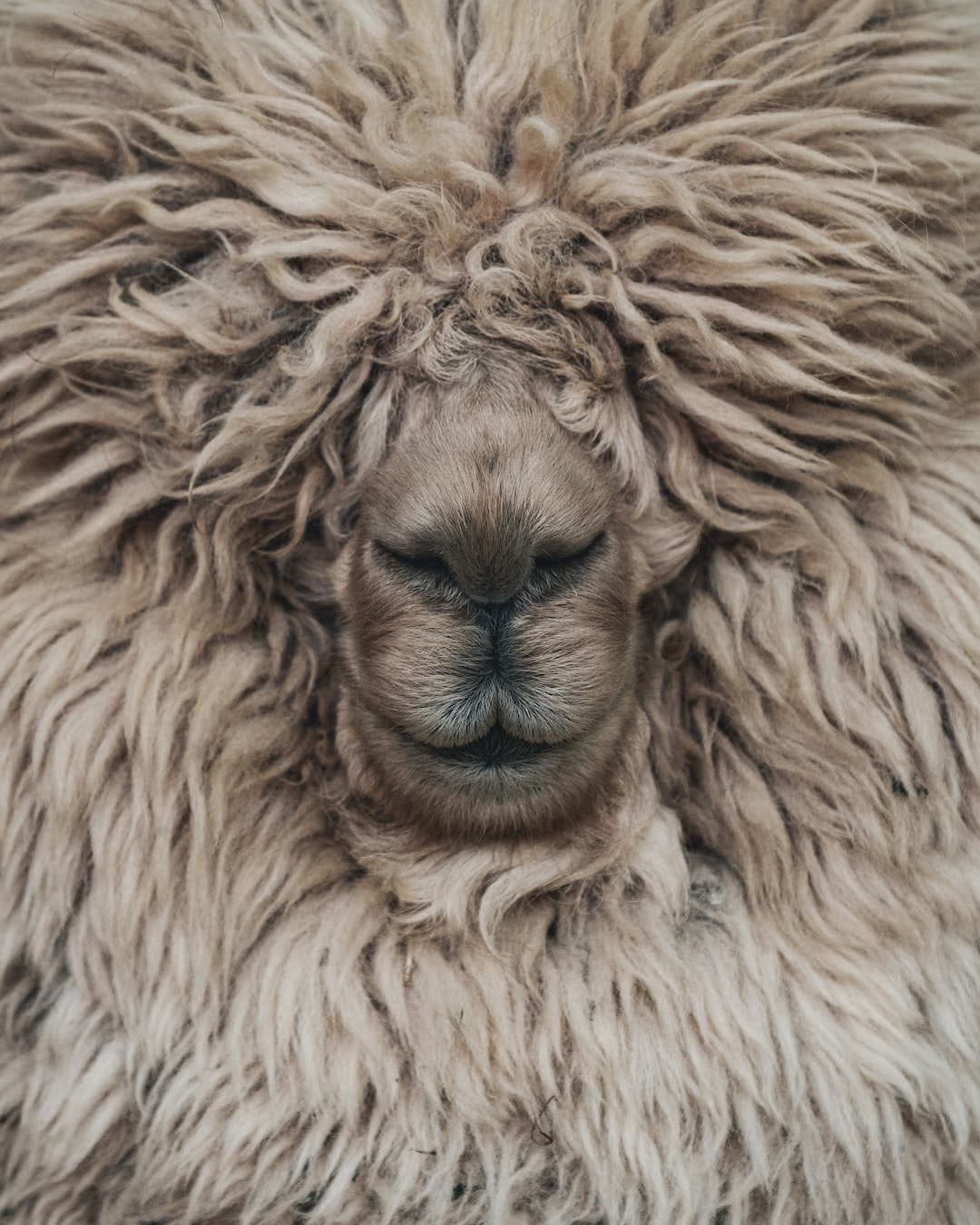The Role of Animals in Human Evolution: A Historical Perspective
When we think of human evolution, we often focus on the physical and intellectual changes that have occurred over millions of years. However, one aspect that is often overlooked is the crucial role animals have played in shaping our species. From the earliest hominids to modern humans, animals have been an integral part of our evolutionary journey.
In the early stages of human evolution, animals played a fundamental role in the survival and development of our ancestors. For the first hominids, hunting and scavenging were essential for obtaining sustenance. Our early ancestors, such as Homo habilis, used stone tools to hunt and butcher animals for food. This ability to capture and consume animal protein played a critical role in providing the necessary nutrients and energy for the development of larger brains.
As we progressed from Homo habilis to Homo erectus, hunting became more sophisticated. Our ancestors began using fire as a tool, allowing them to cook meat for easier digestion and better nutrient absorption. This utilization of fire not only provided a rich source of calories but also allowed for increased brain development. The extra energy obtained from cooked meat provided our ancestors with the resources needed to support the expansion and growth of the human brain.
Additionally, animal domestication played a significant role in our evolution. Roughly 10,000 years ago, humans began to transition from a hunter-gatherer lifestyle to an agricultural one. The domestication of animals, such as dogs, sheep, and cattle, allowed for the establishment of permanent settlements and the development of agricultural practices. These advancements provided a stable food supply, leading to population growth and the emergence of complex societies.
The cultivation of crops and the domestication of animals were intertwined in human history. The domestication of animals not only provided a consistent source of food, but it also allowed for the utilization of animals in agriculture. Domesticated animals were utilized for plowing fields, transportation, and the generation of power. This shift from a hunting-gathering society to an agricultural one marked a significant turning point in human evolution.
Animals have also played a crucial role in our social and cultural development. Throughout history, animals have held significant symbolic and spiritual value for humans. In ancient civilizations, animals were often worshipped as gods or deities. These beliefs and practices shaped the development of early human societies and influenced their cultural and religious practices.
Animals have also had a profound impact on our artistic expressions. From cave paintings in Lascaux to hieroglyphs in ancient Egypt, animals have been a central theme in human art throughout history. They have been depicted as symbols of power, beauty, and spirituality. The depiction of animals in art has not only provided insights into our ancient ancestors’ relationship with the natural world but has also contributed to the development of human creativity and expression.
Furthermore, animals have influenced our understanding of the natural world and the very concept of biology itself. Observations of animal behavior have provided insights into the complexities of social structures, mating rituals, and even the basic processes of life and death. The study of animals has been instrumental in the development of scientific theories and has contributed significantly to our understanding of the natural world.
In conclusion, animals have played a pivotal role in the course of human evolution. From the earliest hominids to modern humans, animals have provided sustenance, inspired spiritual and artistic expressions, and shaped our understanding of the natural world. Their domestication allowed for the development of complex societies and the establishment of permanent settlements. Without the contributions of animals throughout history, our species would not have evolved into the diverse and innovative beings we are today. Thus, the role of animals in human evolution cannot be underestimated, and it is essential that we continue to appreciate and protect these invaluable creatures in our ever-changing world.

